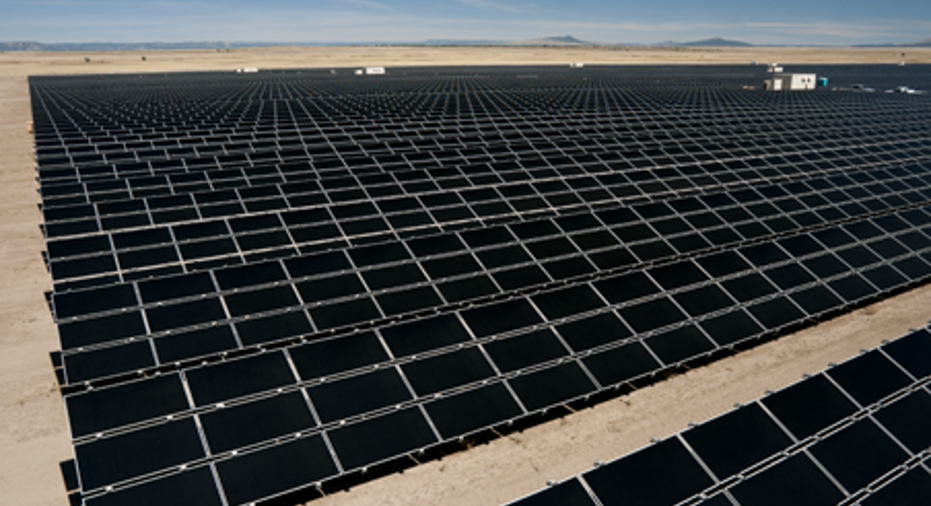The Worst First Solar, Inc. Headlines in 2015

2015 was the year when First Solar's conservative operations began to pay off for investors. Instead of adding debt and expanding rapidly, as competitors like SunEdison and SolarCity did, it chose to focus on making money rather than growth. That paid off when the market began to lose faith in the returns of the projects being built and demanded more cash flow from developers. Instead of being left in the dust, First Solar was ahead of the game.
Despite a good year, there were a couple of major setbacks for First Solar. Here's what investors should keep an eye on heading into 2016.
Growth takes a backseat... for now One of the worst days of the year for First Solar was when it announced 2016 guidance. Management predicted earnings of $4.00 to $4.50 per share, which is a lower range than the $4.30 to $4.50 expected for 2015.
The reason for the lower guidance comes down to two things -- the timing of project sales and projects where First Solar is essentially the engineering firm but not the developer with financial risk -- but it was disappointing nonetheless. Investors were expecting to see a year of big growth in 2016, especially with production increasing from 2.5 GW to 3.0 GW, but that won't be the case, at least for now.
Over time, some of the factors that are dragging on 2016 earnings will subside, and I would expect better earnings growth in the future. But right now growth let investors down, and that's what makes it the worst headline of the year.
Image source: First Solar.
The fall of yieldcos In general, the solar industry today is driven by two factors: the cost of building projects that produce energy and the cost of the financing for those projects. Companies that can finance projects for less can generate higher returns on the same projected cash flows as competitors, something First Solar has benefited from in the past.
That's why the decline of the yieldco market in mid-2015 was such a big deal. Not only did First Solar's recently launched yieldco, 8point3 Energy Partners, decline, yieldcos fell across the board. This raises the cost of capital for developers, which makes solar less competitive with fossil fuels long-term.
First Solar has multiple options in the absence of an attractive yieldco market, so the company will be able to adjust, but it's still a big blow. It recently sold a 51% stake in the Desert Stateline project to Southern Company, who will take the tax benefits and just over half of the project's long-term cash flows. First Solar keeps nearly half of the cash flows, and the sale price for the tax equity and 51% stake can be nearly as much as the cost of building the project. In the absence of yieldcos this may be an attractive option.
We'll have to see how 2016 plays out, but First Solar would like to have as many financing options and potential project buyers available as possible. Losing the yieldco market in 2015 wasn't a good sign.
Will the solar market level out in 2016? There's been a lot of turmoil in solar in 2015, but the recent passing of the investment tax credit extension should put some wind in the sails of solar companies. If yieldcos recover, companies like First Solar could see increased growth and value generation for shareholders. Long-term, few companies are as well positioned to benefit from the world moving to cleaner forms of energy.
But that doesn't mean there won't be bumps along the way, just as there were in 2015. That's why Foolish investors will look at the long-term trends in energy and solar -- and given the move to solar worldwide and First Solar's major presence in the industry, I still think it's one of the best solar stocks for investors today.
The article The Worst First Solar, Inc. Headlines in 2015 originally appeared on Fool.com.
Travis Hoiumowns shares of 8point3 Energy Partnersand First Solar. The Motley Fool owns shares of and recommends SolarCity. The Motley Fool recommends Southern Company. Try any of our Foolish newsletter services free for 30 days. We Fools may not all hold the same opinions, but we all believe that considering a diverse range of insights makes us better investors. The Motley Fool has a disclosure policy.
Copyright 1995 - 2015 The Motley Fool, LLC. All rights reserved. The Motley Fool has a disclosure policy.



















